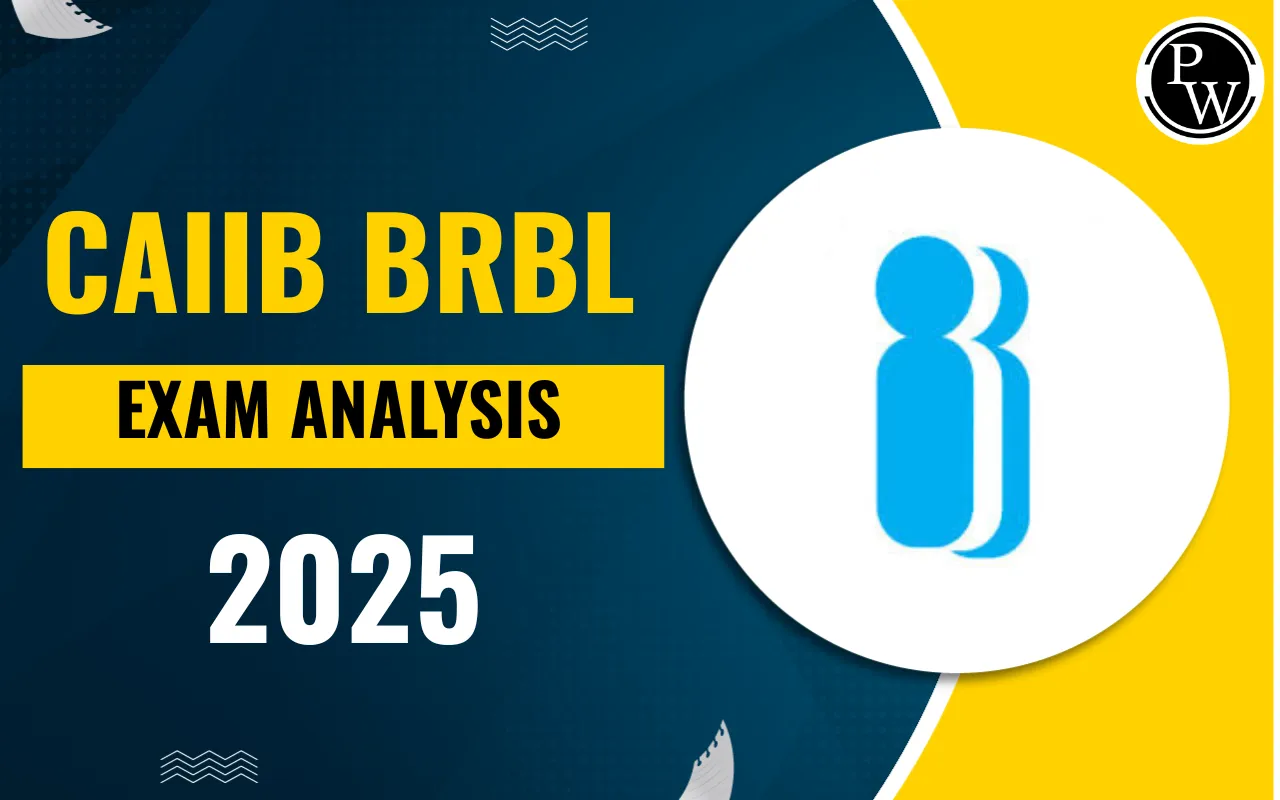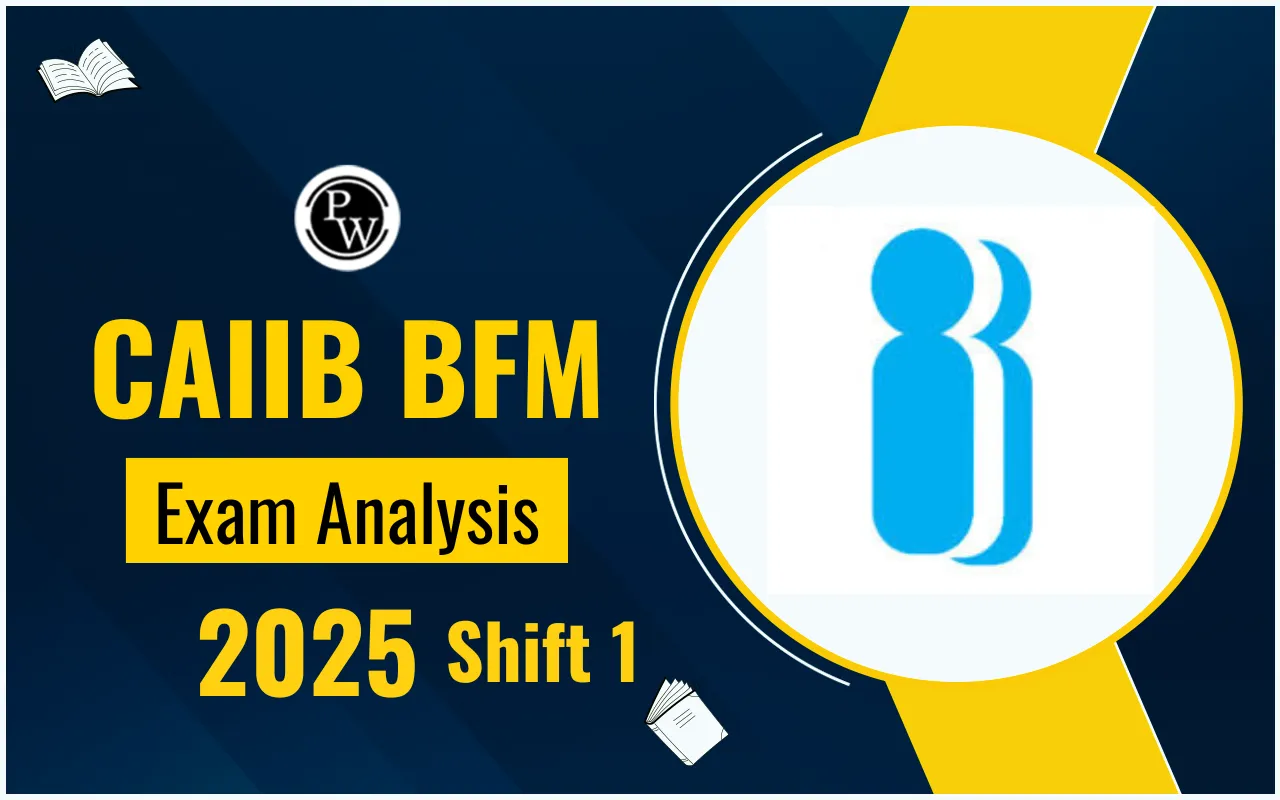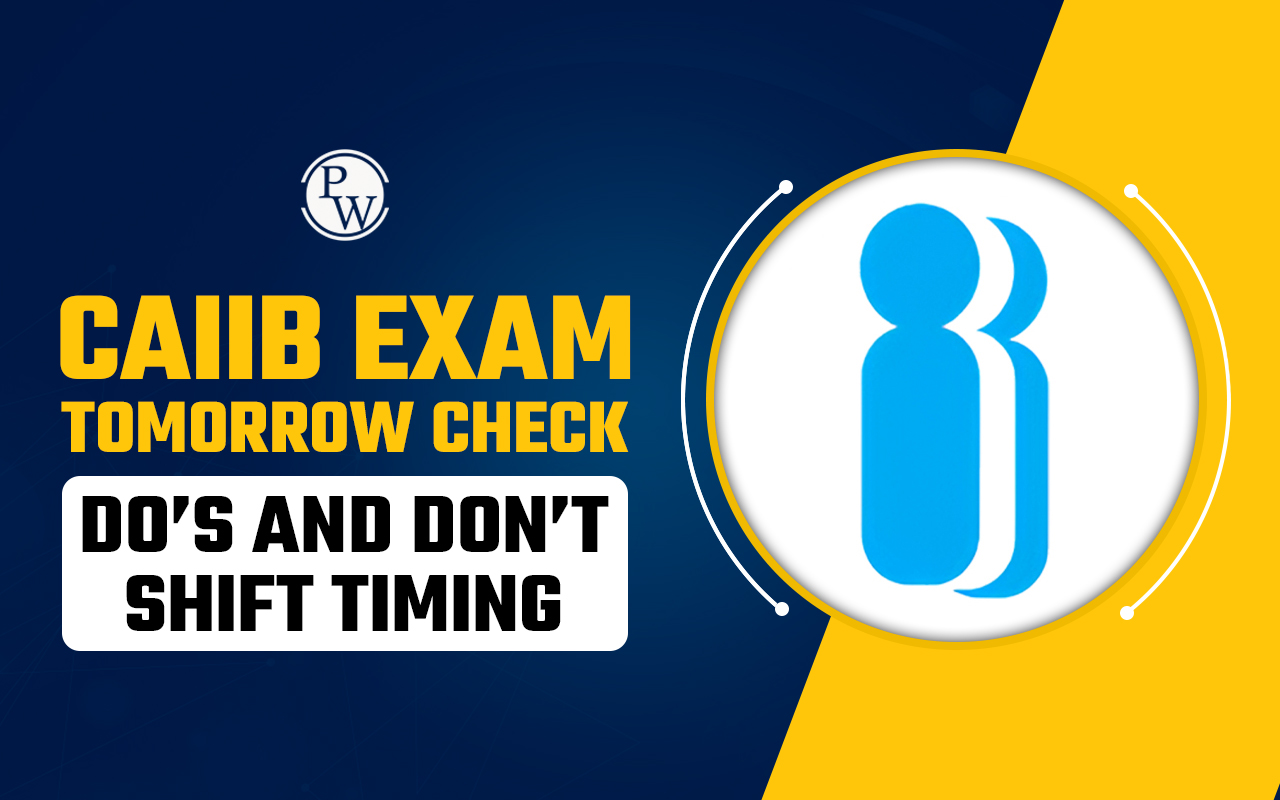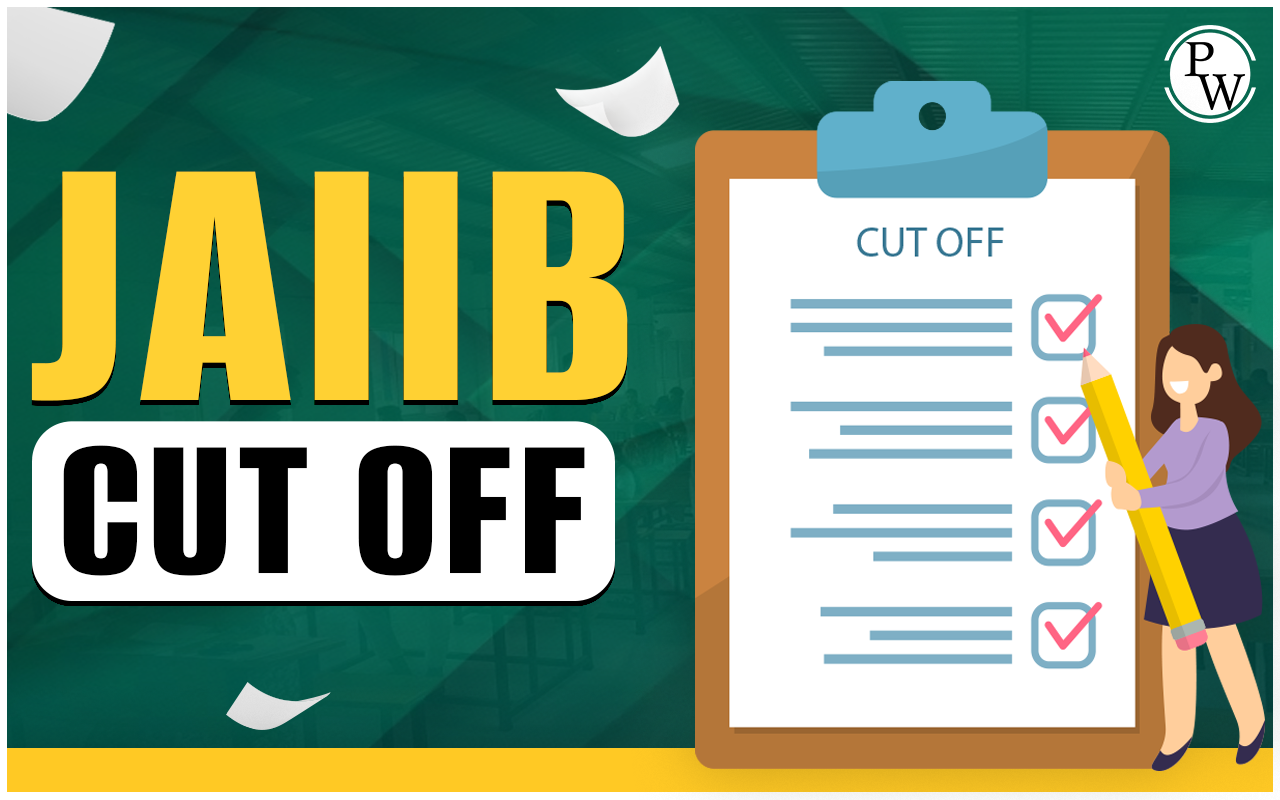
Loans and Advances: Loans and advances are two common financial instruments used by individuals and businesses to meet their financial needs. needs. Although these terms are often used interchangeably, they have their own characteristics and purposes. Understanding the difference between loans and advances is critical to making informed financial decisions. This article explores the differences between loans and advances and their advantages and disadvantages.
Loan and Advances
Imagine a situation where you need money and you don't have enough balance in your bank account. In this case, you go to the bank and the bank offers you two options: Loan and Advances. So, which option do you choose? Both are loan products offered by banks and NBFCs that allow you to borrow a certain amount based on your eligibility criteria. However, they differ significantly in several aspects. In this blog, we have discussed about the Loan and Advances.What are Loan and Advances?
Advances are credit lines offered by banks or NBFCs to meet short-term requirements. It is often referred to as payday loans, cash advances or payday loans. They are similar to loans, but they are given for a very short period, such as 1 month to 3 months. In some cases, it can last up to 1 year. Therefore, these are short-term loans.
Loans are financial products offered by banks or NBFCs that lend money for a fixed term and repay it with interest. These loans are given based on your creditworthiness, security deposit, income etc. Different types of loans are available in the market like car, vehicle, education and personal loans.
Types of loans
Secured loans: These are loans where you have to keep your assets like land, buildings, gold or other valuable assets as collateral for the loan. If your EMIs are not paid, the lender has the right to attach the security and recover the remaining loan amount. Since the real estate guarantees these loans as collateral, it is offered at a lower interest rate. Car loans, home loans, gold loans etc are examples of secured loans.
Unsecured loans: With unsecured loans, you don't need to hold the property as collateral for the lender. Instead, these loans are approved based on creditworthiness and ability to repay the loan. Since these loans do not have a guarantee, they are high risks for the lender; therefore, they are offered with a high rate of interest. Personal loans, education loans, marriage loans, etc. are some of the common unsecured loans.
Types of Advances
There can be several Advances. Here are some of the more common types of advances:Overdraft: Banks allow you to withdraw more money from your bank account than the actual balance in your bank account.
Cash Credit: with a cash loan, you can borrow money from the bank up to the value of the pledged property. It's a flexible way to get money when you need it, and you pay back based on what you use.
Payday loans: Payday loans are quick loans that are usually offered to salaried individuals for a very short loan period. The only requirement to get a payday loan is that you must have a job. You can repay the loan as soon as you get your next salary.
Invoice purchase: Businesses typically use invoice purchase, which allows them to obtain funds from banks in exchange for holding invoices/invoices as collateral.
Loan vs Advance: Which is Better?
Choosing between a loan and a down payment is like choosing the right tool for the job. For example, let's say you are a worker and the month is over and you don't have enough balance in your account to pay the rent to the landlord. So, which option do you choose? Loan or Advance Payment In this case, it would be ideal to use advance payments, such as salary advances or bank overdrafts, to pay the rent. This is a short-term need and you can pay it with minimal interest when your salary is credited to your bank account. Why isn't a loan a better option? Loans are taken for important works like buying a flat, family vacations, marriage, education, home renovation etc. All these works require large investments, which may not be met by advance payments, because they are offered for a small amount and in a short period of time. For all these purposes, a loan becomes a better option, because depending on the type of loan, you can borrow a certain amount and repay it over a longer period of time. So it depends on your overall needs and the urgency of the money. Advance payments can be considered for short-term needs. However, a loan can be considered if you take on larger financial obligations, such as an apartment, a car.Similarities Between Loans and Advances
Both loans and advances are financial products that support you financially during difficult times. Although they differ in nature and characteristics, they have common characteristics. Here are some similarities between loans and advances.- Banks and NBFCs offer both loans and advances.
- Both loans and advances are available to individuals and businesses.
- Loans and advances can be offered both with and without collateral.
- The borrower must repay both loans and advances according to the terms agreed between the lender and the borrower.
- Non-repayment of loans and advances can affect the creditworthiness of individuals or businesses.
- Paying loans and down payments on time will improve your credit score.
Loans and Advances FAQs
Q1. What are Loans and Advances?
Q2. What are the types of Loans?
Q3. What are the types of Advances?
Q4. What are the similarities between Loans and Advances?










